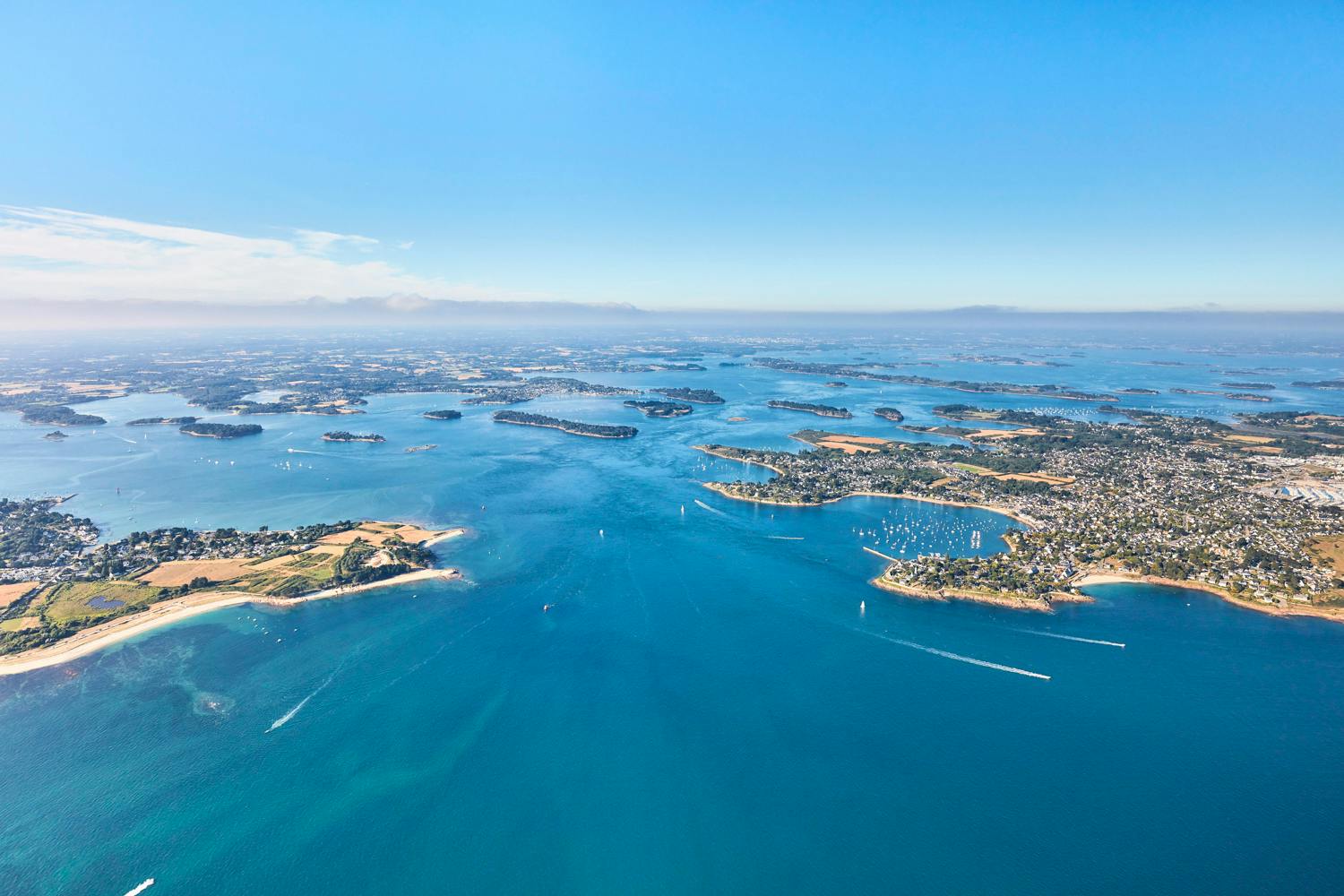Revamping EU blue governance: Why and how?
Over the past two decades, EU ocean governance has been developing at a steady rate, its visibility also making significant progress at the EU level. However, the kaleidoscope of actions developed by the EU has now reached its limits. This comes at a time when governing EU ocean and waters requires an adequate combination of political vision, institutional involvement and enforceable rules. Better-integrated blue governance will help resolve conflict among different users of the sea, provide clarity and stability for investment, as well as contribute to the development of synergies.
All are essential elements in addressing the blue issues at hand when the stakes are higher than ever. The Green Deal calls for a major transformation to reduce the environmental and climate footprint of the European economic model. Mission Restore our Ocean and Waters by 2030 (Starfish) is key to ensure this transformation benefits the EU’s hydrosphere.
2022 will be the international year of the ocean, with a trilogy of major international conferences during the year’s first six-month period. The EU has claimed international leadership in ocean protection. To be an inspirational global leader, the EU must also prove to be exemplary in its own actions if it wants to truly influence other actors worldwide.
Considering the persistent lack of coherence in the EU’s ocean policy framework, it is high time to revamp EU ocean governance.





